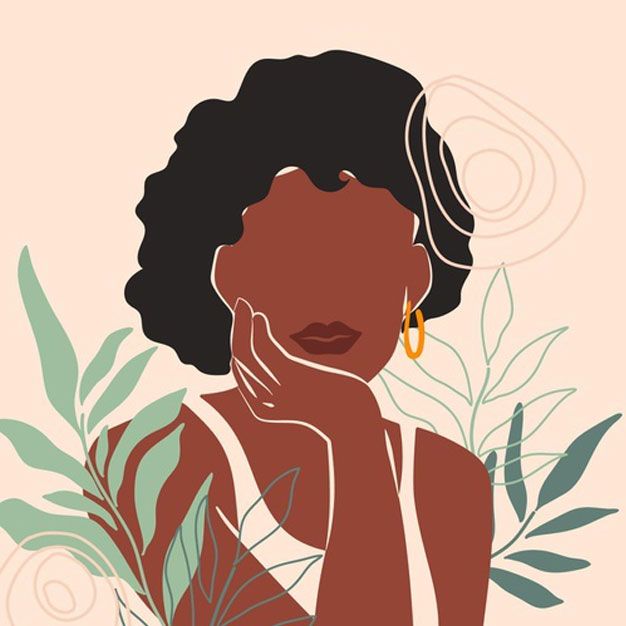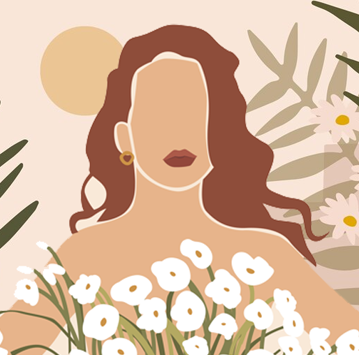Scalp popping and trichotillomania are two behaviors involving hair, but they differ significantly in their nature, motivations, and impacts.
Scalp popping is a sensory-driven action, and trichotillomania (TTM, or chronic hair pulling) is a recognized emotional health disorder that falls into the same family as OCD. Understanding these differences is crucial for recognizing and addressing potential risks and underlying emotional factors.
Scalp popping is a sensory-driven action, and trichotillomania (TTM, or chronic hair pulling) is a recognized emotional health disorder that falls into the same family as OCD. Understanding these differences is crucial for recognizing and addressing potential risks and underlying emotional factors.
What is Scalp Popping?
Scalp popping, also known as hair cracking, involves twisting a strand of hair around the finger and pulling sharply to create a popping sound from the scalp. This sound, similar to cracking knuckles, is believed to come from the release of gas bubbles or the sudden movement of the skin over the skull.
Risks of Scalp Popping
Though it may seem harmless, scalp popping carries potential risks, including:
Medical professionals generally advise against scalp popping due to these potential harms.
- Hair Follicle Damage: Repeated pulling can damage hair follicles, potentially leading to hair loss.
- Scalp Irritation: The abrupt force can cause irritation or injury to the scalp.
- Hair Loss: Excessive scalp popping can result in noticeable hair loss over time.
Medical professionals generally advise against scalp popping due to these potential harms.

What is Trichotillomania?
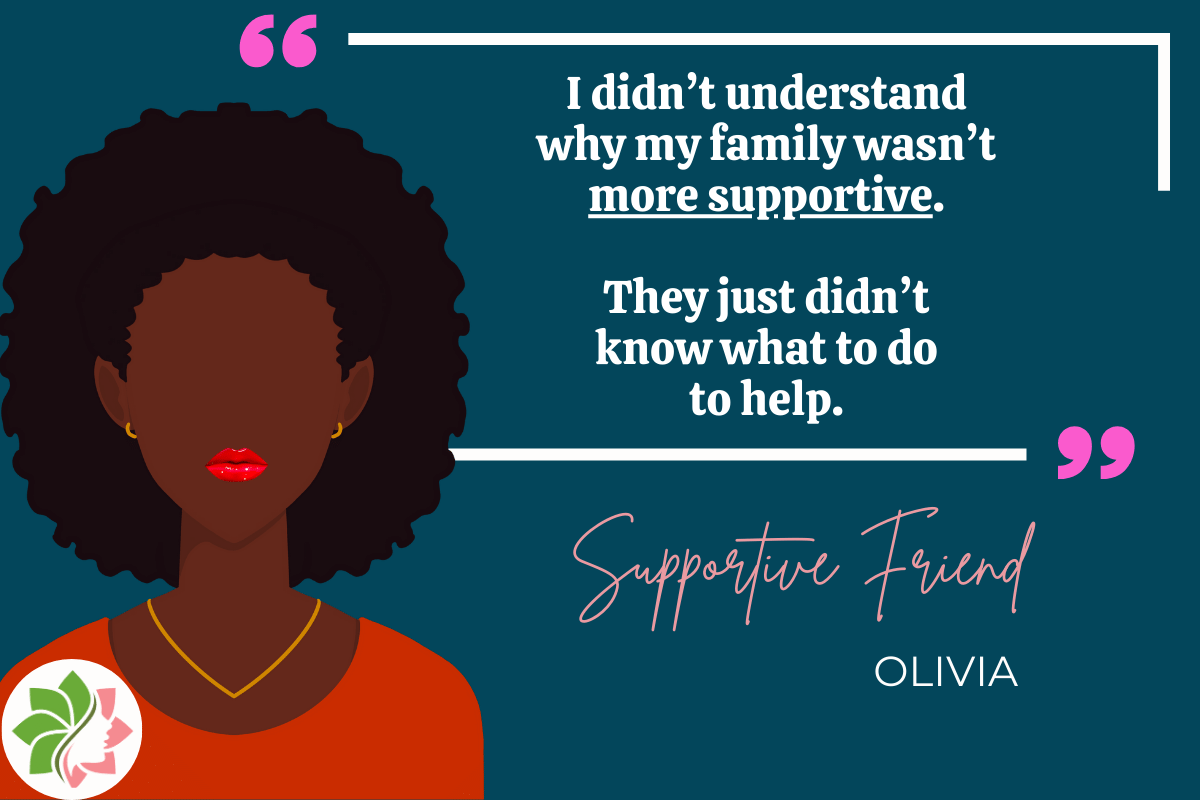
Behaviors Associated with Trichotillomania
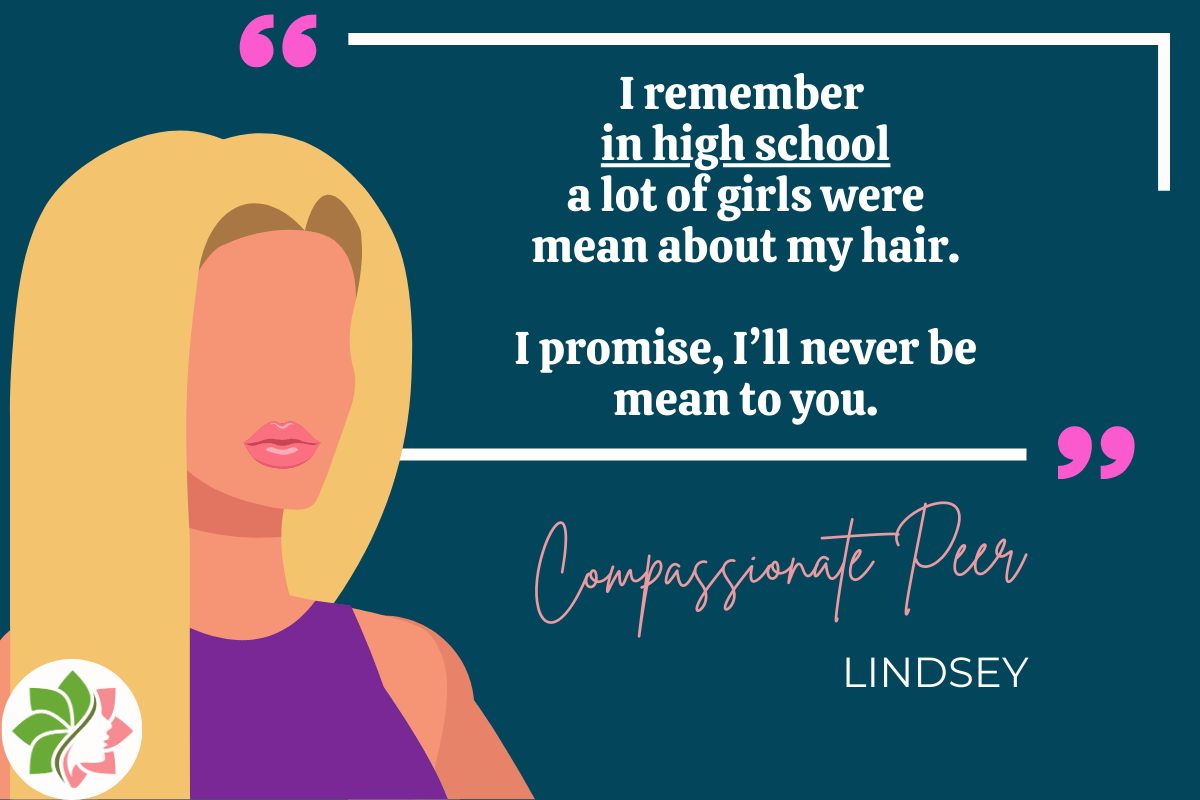
Potential for Overlap
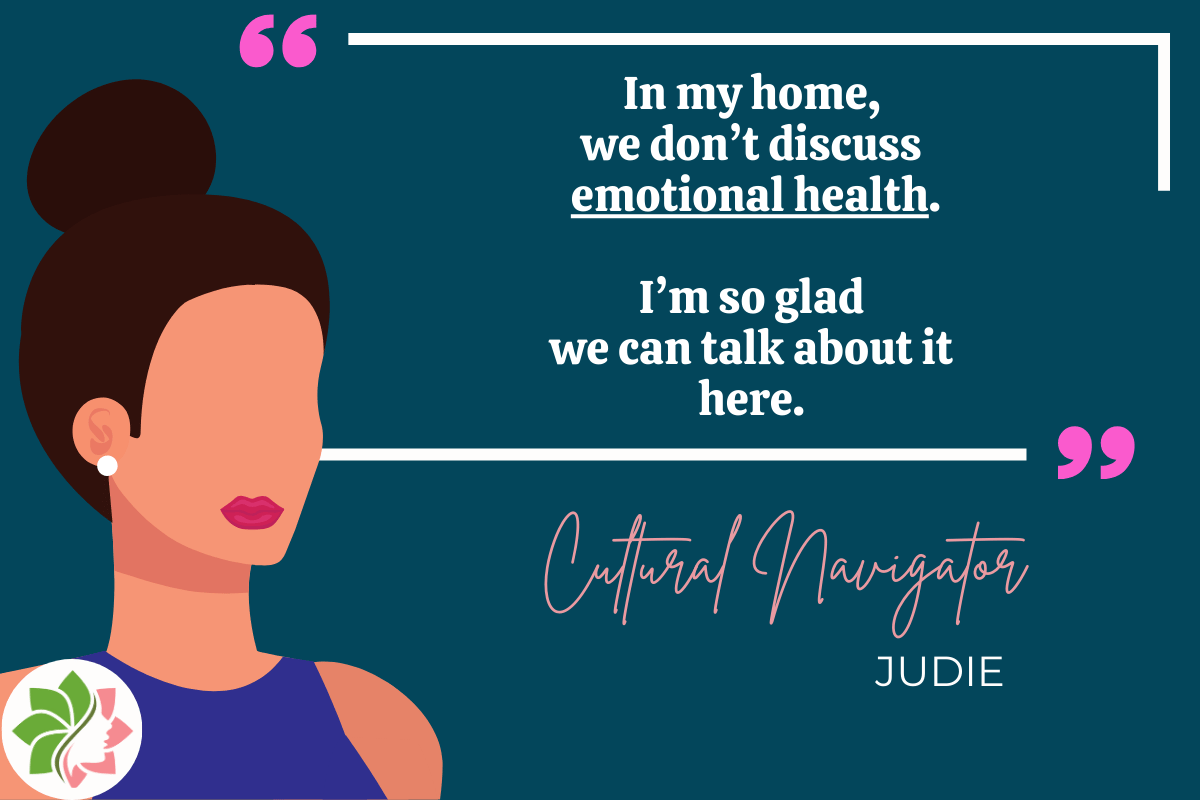
Professional Insight on Scalp Popping
When To Seek Advice or Help
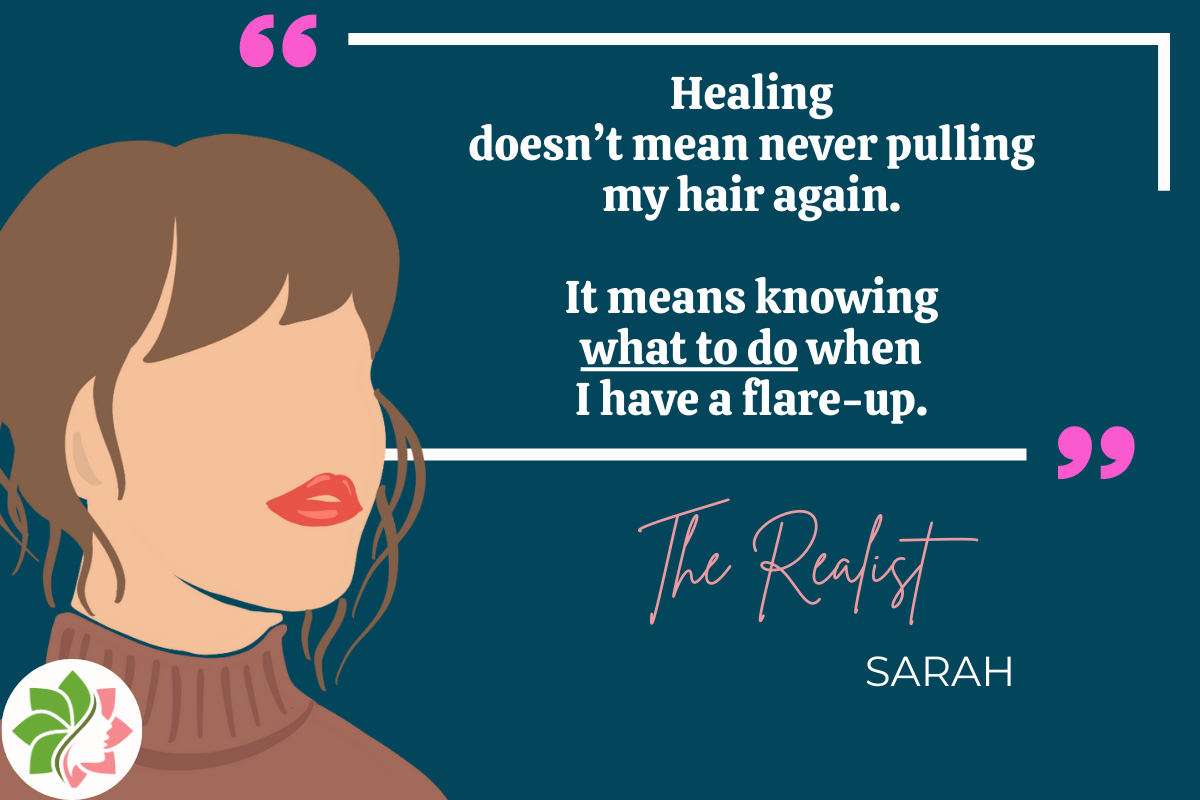
About HFHP
References
UNTRICK YOURSELFTM
Learn more self-care tips for hair pullers
Explore our educational healing course for women who have trichotillomania.
Write your awesome label here.


